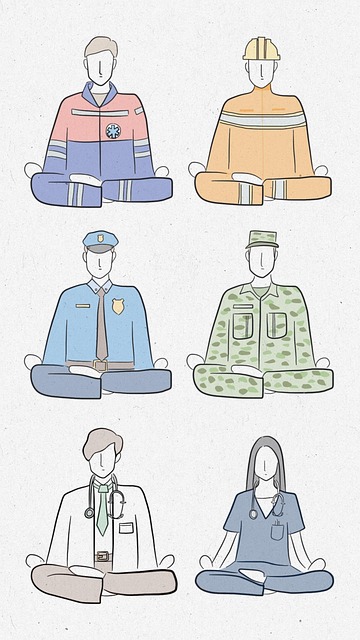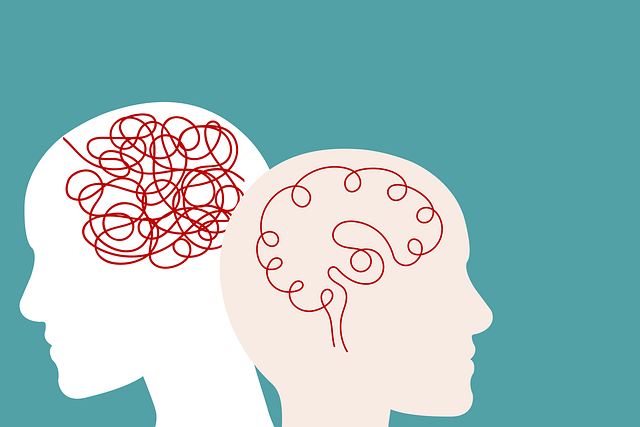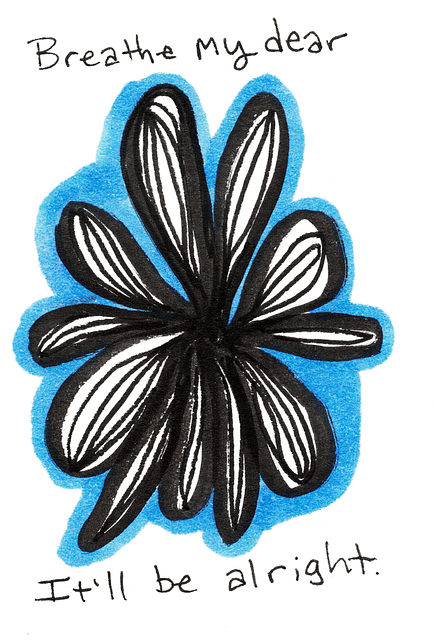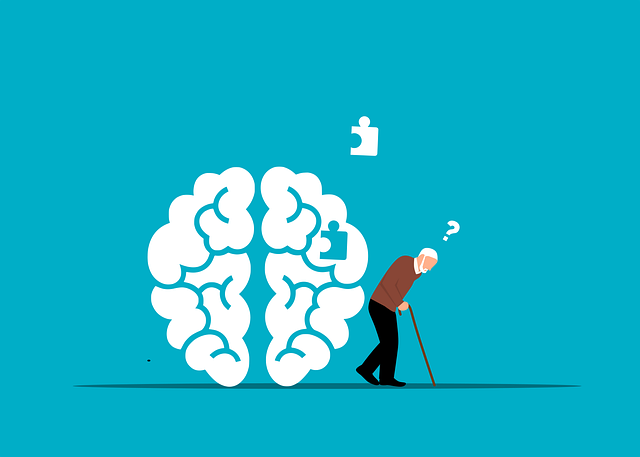Mental wellness involves emotional, psychological, and social well-being, with self-care being key to maintaining it through proactive practices like mindfulness, exercise, and creative pursuits. At Boulder Sexual Addiction Therapy, tailored self-care routines emphasizing personal values and needs help manage stress, anxiety, and mental health issues, including sexual addiction. By identifying triggers, setting boundaries, and engaging in activities enhancing mood and sleep, individuals can regain control and foster holistic well-being. Regular self-reflection and check-ins with therapists ensure these practices remain effective over time.
“Unwind and embrace a transformative mental wellness self-care routine. This comprehensive guide navigates your journey towards holistic well-being, offering insights from the perspective of Boulder Sexual Addiction Therapy. We explore understanding mental wellness, identifying personal needs, crafting a tailored routine, incorporating effective therapy techniques, and sustaining long-term practices. Discover how to prioritize self-care, foster resilience, and cultivate a vibrant, balanced life.”
- Understanding Mental Wellness and Self-Care
- Identifying Personal Needs and Priorities
- Crafting a Routine: Essential Components
- Incorporating Boulder Sexual Addiction Therapy Techniques
- Sustaining and Adjusting Your Self-Care Routine Over Time
Understanding Mental Wellness and Self-Care

Mental wellness is a vital aspect of overall health and well-being. It encompasses emotional, psychological, and social aspects, affecting how we think, feel, and act in our daily lives. Understanding mental wellness involves recognizing that it’s not just the absence of mental illness but also about cultivating resilience and healthy coping mechanisms. Self-care plays a crucial role in maintaining and enhancing mental wellness. It is a proactive approach where individuals prioritize their emotional, psychological, and physical needs to promote overall well-being.
In today’s fast-paced world, incorporating self-care practices is essential for managing stress, anxiety, and potential mental health challenges. At Boulder Sexual Addiction Therapy, we emphasize the importance of self-care tailored to each individual’s unique needs. This may include various activities such as mindfulness meditation, exercise, spending time in nature, engaging in creative pursuits, or practicing compassion cultivation techniques. Compassion Cultivation Practices, for instance, have been shown to reduce stress and foster a sense of connection, which is integral to our overall mental wellness. By incorporating these practices into daily routines, individuals can enhance their resilience and better navigate life’s challenges, even with the support of Crisis Intervention Guidance or participation in Community Outreach Program Implementations.
Identifying Personal Needs and Priorities

Identifying what truly matters to us is a crucial step in developing a meaningful mental wellness self-care routine. This process involves introspection and a deeper understanding of our unique needs, especially when it comes to addressing complex issues like sexual addiction. For instance, someone seeking support from Boulder Sexual Addiction Therapy might prioritize building healthy coping mechanisms rather than focusing solely on the symptoms. Understanding personal triggers, desires, and fears is key to crafting a self-care plan that aligns with one’s values and goals.
By applying Mind Over Matter principles, individuals can take control of their mental health. This involves identifying what brings us joy, peace, and fulfillment, setting boundaries, and prioritizing activities that enhance our well-being. Effective risk management planning for mental health professionals also includes recognizing personal limits and seeking support when needed. Mood management is another important aspect, as it teaches us to navigate and regulate our emotions, ensuring a more balanced and resilient state of mind.
Crafting a Routine: Essential Components

Crafting a meaningful mental wellness self-care routine involves integrating essential components tailored to individual needs. Start by identifying triggers and behaviors; this awareness is crucial for navigating challenges effectively. Incorporate regular practice of mindfulness, such as meditation or deep breathing exercises, to foster emotional regulation. Physical activity, whether it’s yoga, walking in nature, or a sport you love, plays a significant role in releasing endorphins, enhancing mood management, and promoting overall well-being.
Prioritize quality sleep as a cornerstone of your routine; aim for 7-9 hours nightly. Engage in creative outlets like journaling, art, or music to express emotions and cultivate self-acceptance. Don’t underestimate the power of social connections; spend time with loved ones who uplift and support you. Consider incorporating practices from Boulder Sexual Addiction Therapy, seeking Crisis Intervention Guidance, or participating in Healthcare Provider Cultural Competency Training for enhanced understanding and coping strategies.
Incorporating Boulder Sexual Addiction Therapy Techniques

Incorporating techniques from Boulder Sexual Addiction Therapy (BSAT) can be a powerful tool in developing a robust mental wellness self-care routine. BSAT focuses on addressing underlying issues and promoting positive behavioral changes, which is essential for those seeking to overcome sexual addiction and associated challenges. By integrating these therapeutic methods, individuals can enhance their coping skills development and foster inner strength.
This approach encourages self-reflection, education about healthy boundaries, and the acquisition of new strategies to manage cravings and triggers. It also emphasizes the importance of reducing the mental illness stigma that often surrounds sexual addiction, creating a safer space for individuals to seek help and engage in effective treatment. As part of their self-care journey, those interested in personal growth should consider exploring BSAT techniques alongside other evidence-based practices to support holistic well-being and enhanced resilience.
Sustaining and Adjusting Your Self-Care Routine Over Time

Maintaining a self-care routine is an ongoing process that requires dedication and flexibility. Over time, what works for your mental wellness might change as your needs evolve, life circumstances shift, or new challenges arise. For instance, practices that were once grounding and healing during a period of intense stress may need to be reevaluated when you’re in a more stable phase. It’s crucial to remain attentive to these shifts, ensuring your self-care routine adapts accordingly.
Consider periodic check-ins with yourself or a therapist from Boulder Sexual Addiction Therapy to assess the effectiveness of your current practices. This introspection can reveal areas for improvement or changes in life circumstances that warrant adjustments. For example, if you’ve been relying heavily on certain coping mechanisms to manage anxiety but have recently experienced a significant reduction in those feelings, it might be time to explore alternative self-care strategies. Incorporating new exercises like Mental Wellness Journaling and Self-Awareness Exercises can provide fresh tools for navigating life’s twists and turns while fostering ongoing Trauma Support Services as needed.
Developing a robust mental wellness self-care routine is a transformative journey, one that can significantly enhance overall well-being. By understanding the importance of self-care, identifying personal needs, and incorporating effective techniques like those offered by Boulder Sexual Addiction Therapy, individuals can create a sustainable practice tailored to their unique circumstances. This article has provided a comprehensive framework for crafting and maintaining this routine, emphasizing the essential components that foster mental resilience and equilibrium over time.














